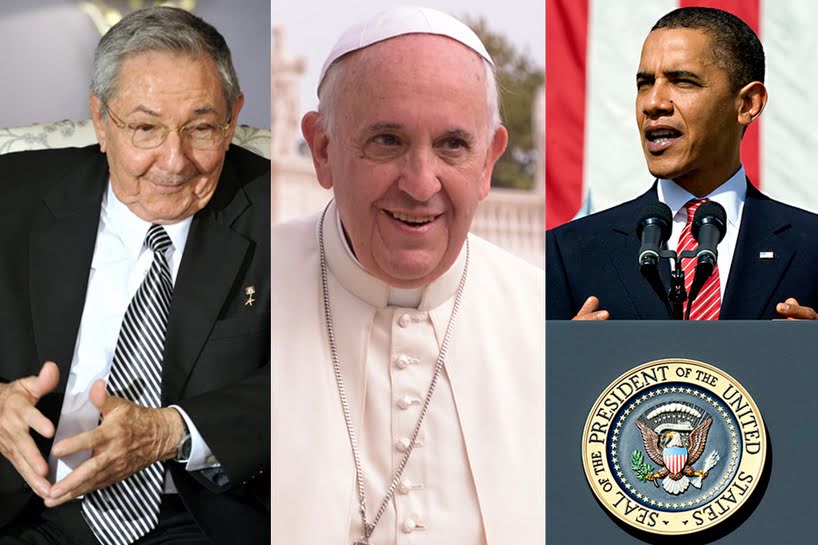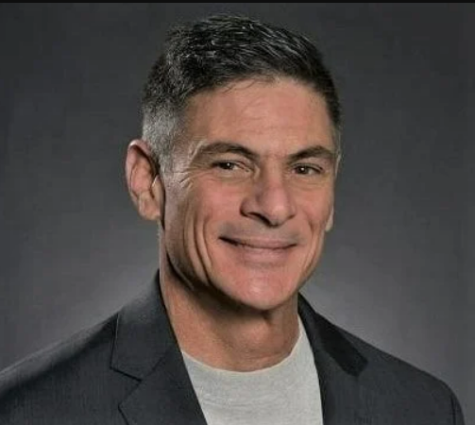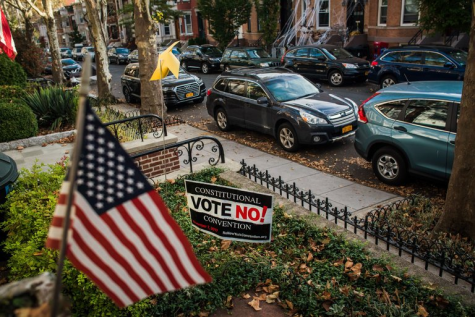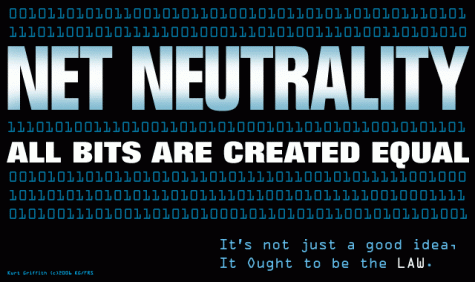The Vision of the Pope and the Cooperation of Presidents May Herald a New Age for Cuba, and the U.S.
Pope Francis is known to many of us for his progressive use of the papacy to try and effect change in anything from greater acceptance of homosexuality within the Catholic Church to urging world leaders to find a solution to the Syrian civil war. Now, this enthusiastic pope is pursuing a solution to the stagnant U.S.-Cuba relations. Pope Francis arrived in Havana on the evening of September 19th so he could hold Mass in the Plaza de la Revolución and meet with Raul Castro the following day. He’s also meeting with the local priests, seminarians, and bishops, as well as holding Mass at the Shrine of the Virgin and Holguín (the place where Christopher Columbus landed in 1492) before departing for Washington.
This symbolic visit to Cuba and the U.S. is the continuation of a two-decade effort by the Church to improve conditions on the island and reach out to Cuban Catholics. In 1998, Pope John Paul II became the first pope to visit Cuba. Pope Benedict XVI also visited in 2012. Despite the efforts of these two popes, their visits did not draw too much international attention or cause much noticeable change in Cuban politics. Pope Francis’s continuation of their efforts began with secret correspondence through letters with both Presidents Raul Castro and Barack Obama, urging them to normalize their respective nations’ relations and offering the Vatican as neutral ground for negotiations. This closed doors diplomacy continued until the president announced his goals to normalize relations with Cuba last December. Both President Obama and President Castro have praised Pope Francis’s involvement in the thawing of Cold War relations between their countries. After visiting the pope at the Vatican, President Castro went so far as to say “If the pope continues to speak this way, sooner or later I could start praying again and return to the Catholic Church. I’m not kidding. I’m a communist of the Cuban Communist party. The party has never admitted believers.”
Already, great progress has been made towards the normalization of U.S.-Cuba relations. President Obama’s initial announcement last December loosened some of the economic and travel-related restrictions on Cuba, making it possible for families sundered by the Cold War to be reunited. The announcement was followed by a prisoner exchange involving Rolando Trujillo and Alan Gross, who both spent time in Cuban prisons for espionage, and who were exchanged for three Cuban spies. Several months later, each country’s embassy was reopened. And, just last Friday, the White House further loosened restrictions on commerce and investment in Cuba. These new rules will allow American companies to open locations and hire workers in Cuba, as well as remove restrictions on the amount of money that can be taken to Cuba. Now, the pope’s visit will most likely draw attention to these developments as well as rally support for better U.S.-Cuba relations.
That being said, there are still plenty of obstacles in the way of reestablishing U.S.-Cuba relations. The most prominent example is that the U.S. has still not lifted its trade and travel embargo on Cuba, which is still in place despite the president’s efforts to weaken it. With a Republican-controlled Congress, it most likely won’t be lifted until the 2016 elections, at least. Another example is that Cuba has done little to correct its human rights issues, such as the imprisonment of political prisoners. And Cuba’s command economy may prove problematic when trying to reopen trade. For example, the lifting of U.S. export restrictions may only have marginal effects unless the Cuban government revises the way it receives imports, which are currently required to be processed through a government agency.
It is because of these issues that it is vital for both the U.S. and Cuba to continue their efforts and cooperate. But the U.S. may not be so cooperative after the 2016 election. Presidential candidates Ted Cruz and Marco Rubio have both denounced President Obama’s plan to normalize relations with Cuba, so it is likely that the Cuban foreign policy will be on the political agenda for candidates in the election. So, when you cast your ballot in this coming year, consider which candidates match your opinions on Cuban relations.
Written on September 19, 2015.







